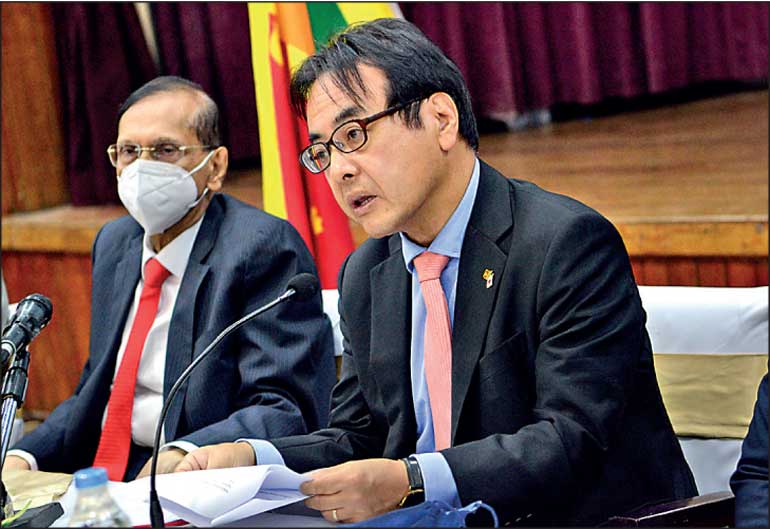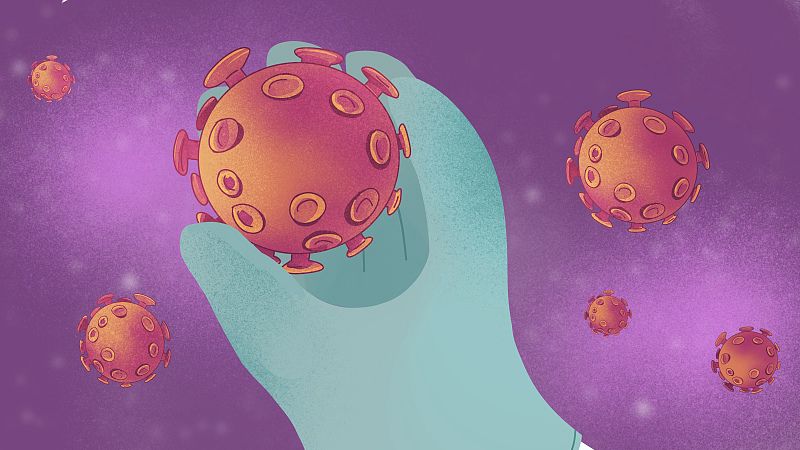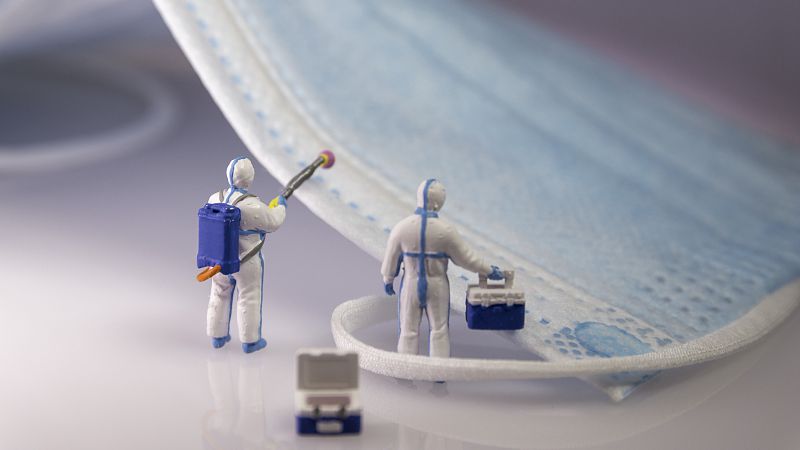Indonesia to tighten curbs as infections climb
Indonesia will tighten social restrictions in Jakarta and Bali, as well as in two other cities on Java island, in a bid to contain a spike in coronavirus infections.
Separately, the transport ministry clarified that overseas tourists would still be able to enter the country through the capital Jakarta, after the ministry indicated otherwise in a statement issued on Sunday.
It earlier said foreign tourists and Indonesians returning from holidays abroad would be temporarily banned from flying into Jakarta, as a further precaution against Covid-19.
Papua New Guinea PM tests positive in Beijing
Papua New Guinea’s Prime Minister James Marape tested positive for Covid-19 when he arrived in Beijing last week to attend the opening ceremony of the Winter Olympic Games and had to cut short his stay.
Marape was immediately given medical treatment, Chinese Foreign Ministry spokesperson Zhao Lijian said.
Marape missed Friday’s opening ceremony and returned home Sunday night, canceling a planned trip to France.
Japan to consider early approval for Shionogi Covid pill
Japanese Prime Minister Fumio Kishida said the government would consider granting conditional early approval for the oral Covid-19 treatment being developed by Shionogi & Co Ltd, as the firm prepares to start a late-stage global trial.
Shionogi Chief Executive Isao Teshirogi said that the company could file in Japan for early approval of the drug as soon as next week, and that it could deliver enough doses for 1 million people by the end of March.
Antiviral pills from Pfizer Inc and Merck & Co are already being used in several countries and have demonstrated efficacy in trials of adults with Covid-19 who are at risk of serious illness.
Covid cases in South Korea at over 1M
South Korea has now recorded over million Covid-19 cases in total in a third day of more than 35,000 infections.
During the past 24 hours, South Korea recorded 35,286 new cases, bringing the total caseload to 1.04 million as omicron variant spreading across the country.
So far, South Korea has fully vaccinated over 86 percent of its 52 million population.
Nepal to reopen schools, other venues
Nepal’s capital announced it would ease strict pandemic measures, with plans to reopen schools and sports venues and slowly return city life to normal, as Covid-19 cases began to decline.
The Nepalese government imposed tough restrictions last month as virus cases broke records, fuelled by the omicron variant.
Schools were shut, religious festivals banned, and restaurants were limited to serving small numbers of customers.
South African regulator approves Sinopharm vaccine
South Africa’s health regulator said it had approved a Covid-19 vaccine from China’s Sinopharm, although a senior health official said the government was not planning to procure doses for now.
South Africa, the country worst-hit by the pandemic in Africa in terms of reported Covid-19 infections and deaths, has used the Pfizer-BioNTech and Johnson & Johnson (J&J) shots in its vaccination campaign, after signing supply deals with the two US companies.
China study warns against easing curbs
Restoring normal population mobility to “Covid-zero regions” like China will cause some two million deaths in a year and the key to controlling the virus is developing vaccines that are better at preventing infection, Chinese researchers said.
China’s “zero-Covid” restrictions have come under growing scrutiny in recent weeks as it hosts the Winter Olympics in Beijing while using sweeping restrictions to try to prevent the spread of the more infectious Omicron variant.
Chinese scientists and public health specialists have reiterated the need for maintaining the stringent controls, saying the risks of transmission were too high and that mass infection would put intolerable pressure on the health system.
More Covid deaths reported in Brazil
Brazil has registered 59,737 new cases of coronavirus over the last 24 hours, the Health Ministry said.
The country had 391 new Covid-19 deaths, the ministry added.
China locks down city on Vietnam border as cases rise
Authorities in China’s southwestern city of Baise have ordered residents to stay at home from Monday and avoid unnecessary travel as they enforced curbs that are among the toughest in the nation’s tool-box to fight rising local infections of Covid-19.
The outbreak in Baise, which has a population of about 3.6 million and borders Vietnam, is tiny by global standards, but the curbs, including a ban on non-essential trips in and out, follow a national guideline to quickly contain any flare-ups.
The effort takes on extra urgency during the staging of the Winter Olympics, which began on Friday and run until February 20, as well as a busy travel season for the Lunar New Year holiday.
Honduran president tests positive
Honduran President Xiomara Castro has tested positive for Covid-19, she said on Twitter, adding that she has` mild symptoms and will be working in isolation.
Canada declares state of emergency over Covid protests
The mayor of Canada’s capital has declared a state of emergency and a former US ambassador to Canada said groups in the US must stop interfering in the domestic affairs of America’s neighbour as protesters opposed to Covid-19 restrictions continued to paralyse Ottawa’s downtown.
Mayor Jim Watson said the declaration highlights the need for support from other jurisdictions and levels of government. It gives the city some additional powers around procurement and how it delivers services, which could help purchase equipment required by frontline workers and first responders.
Thousands of protesters descended in Ottawa again on the weekend, joining a hundred who remained since last weekend.
Residents of Ottawa are furious at the nonstop blaring of horns, traffic disruption and harassment and fear no end is in sight after the police chief called it a “siege” that he could not manage.
Schools in Nepal demand reopening
Schools in Nepal have demanded the government open up physical classes that were shut down for weeks as the number of Covid-19 cases began to decline.
Teachers say online education was limited to only a small part of the population living in the urban parts of the Himalayan country while a majority of students were being deprived of their chance to learn.
The number of coronavirus cases fueled by the omicron variant has peaked in the past weeks but was declining in the last few days.
Source: TRTWorld and agencies

 Sports6 days ago
Sports6 days ago
 World6 days ago
World6 days ago
 News4 days ago
News4 days ago
 World6 days ago
World6 days ago
 News6 days ago
News6 days ago
 Travel & Culture6 days ago
Travel & Culture6 days ago
 News4 days ago
News4 days ago
 News5 days ago
News5 days ago


















